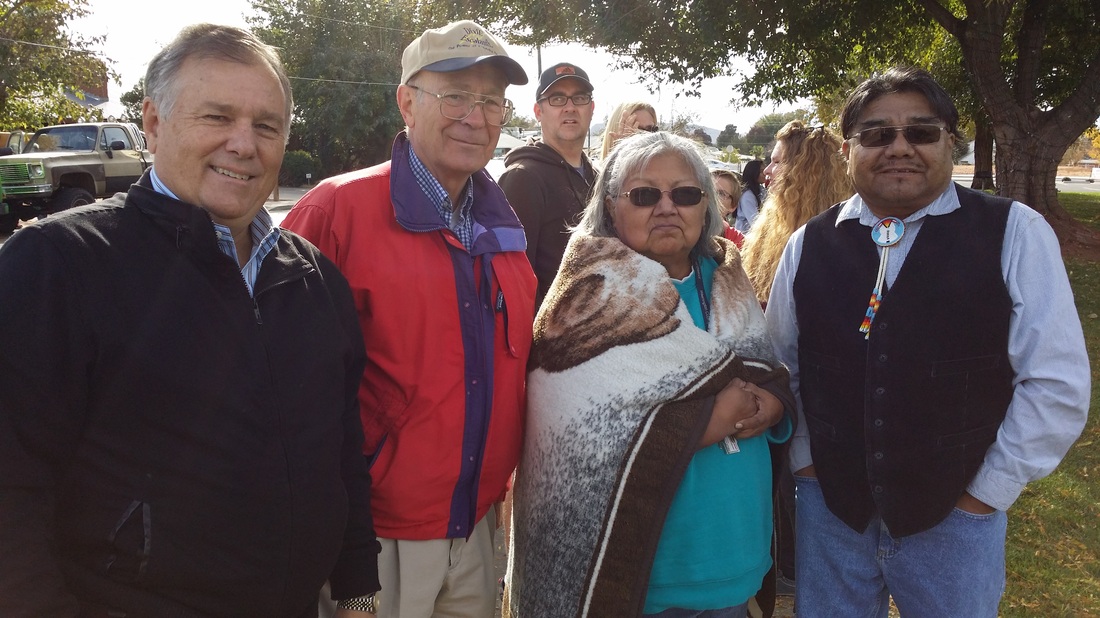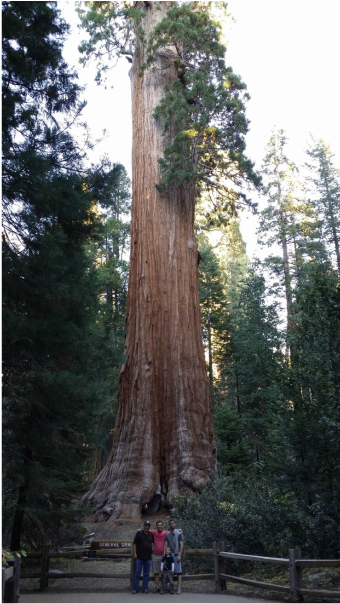Learning that other individuals whom I respect greatly have lived with mental illness has also helped. A couple of examples:
Winston Churchill: When I was in the seventh grade, a classmate initiated a petition to name the new junior high being completed in our growing Salt Lake suburb “Churchill.” The school district had chosen the mundane name “Foothill.” It was early 1965 and the great former British prime minister had just died. My classmate was successful and I began attending Churchill Junior High School when it opened the next school year! The name didn't mean much to me back then. But now this great leader who was so key in leading the Allied forces to victory in World War II is a great inspiration to me. If he could do great things living with the “black dog” as he referred to his bouts with depression, then perhaps I too could be worthwhile to the world in a smaller way. He spoke of his depression to others. So could I.
The book by Nassir Ghaemi, “A First-Rate Madness: Uncovering the Links Between Leadership and Mental Illness” tells of how Churchill and other leaders have been great because of their mental illness, not in spite of it. His descriptions of Lincoln and Gandhi have also been especially inspiring to me.
Fred Frese: I heard this great psychologist speak at a NAMI state conference a few years ago. He became a director of the same Ohio state mental hospital that he had been committed to after being declared “insane” with schizophrenia years before. He said that he views his disease as not a “deficit” but a “difference” from those who are “chronically normal.” He said that among other good traits, people with schizophrenia usually have greater abilities in theoretical rationality.
Listening to Dr. Frese helped me feel like my experiences with depression and anxiety did not make me defective but rather imbued with special talents that I could use to help others.
The examples of these great men have genuinely helped me to eschew stigmas and feel good about myself and develop a zeal to be an effective and impactful mental health advocate.



 RSS Feed
RSS Feed
